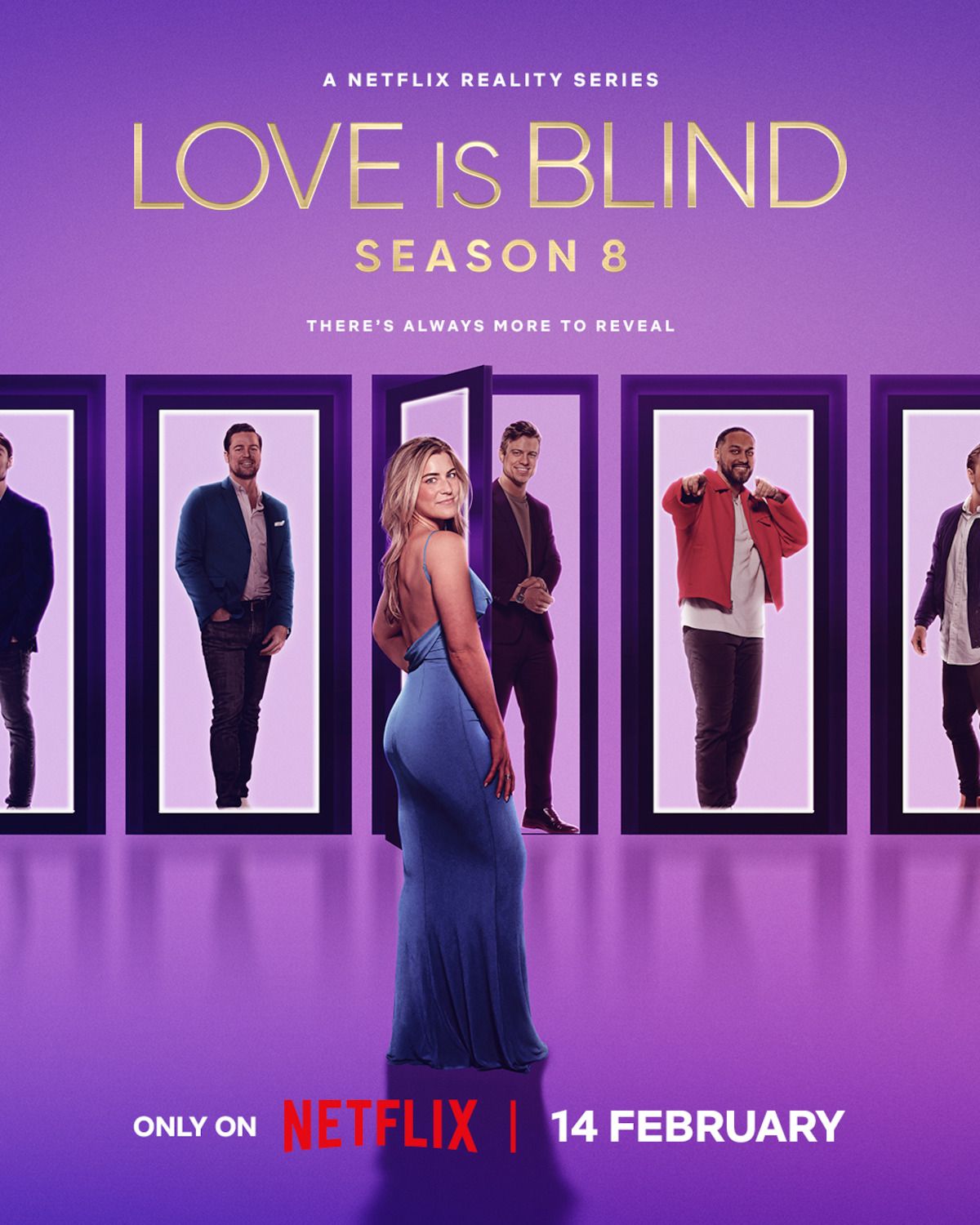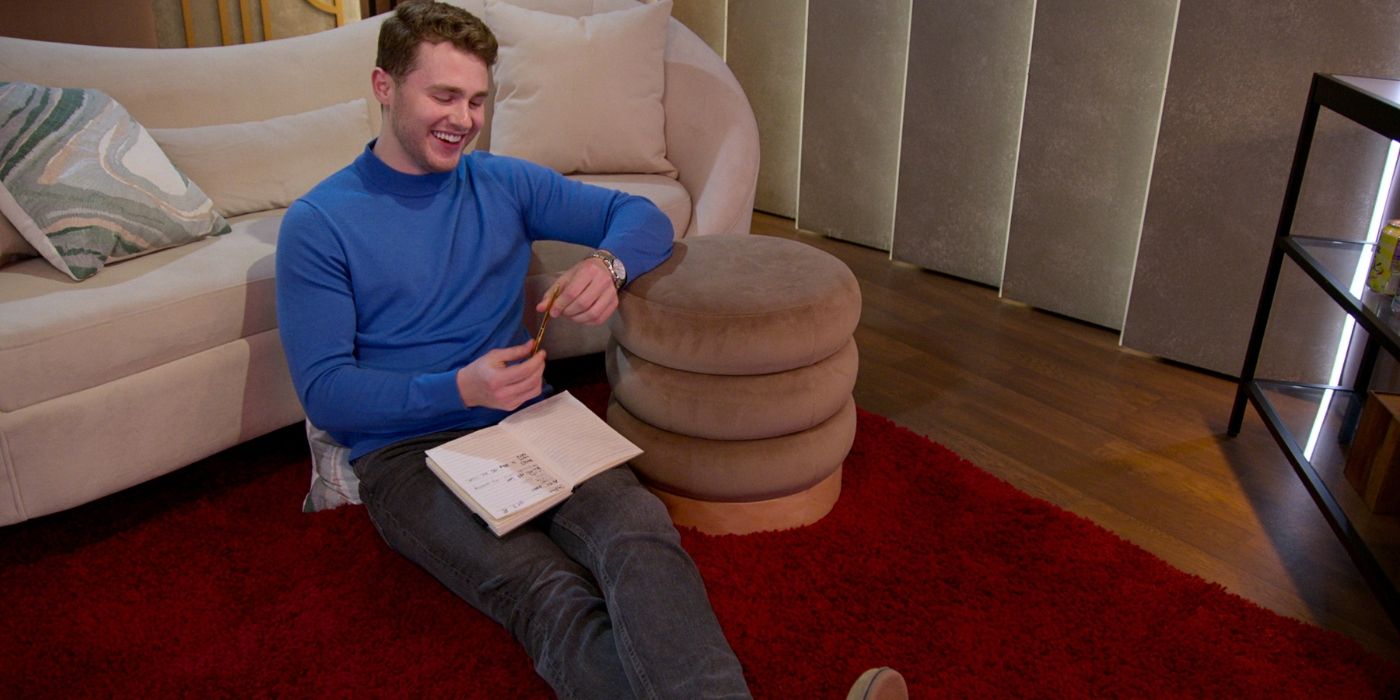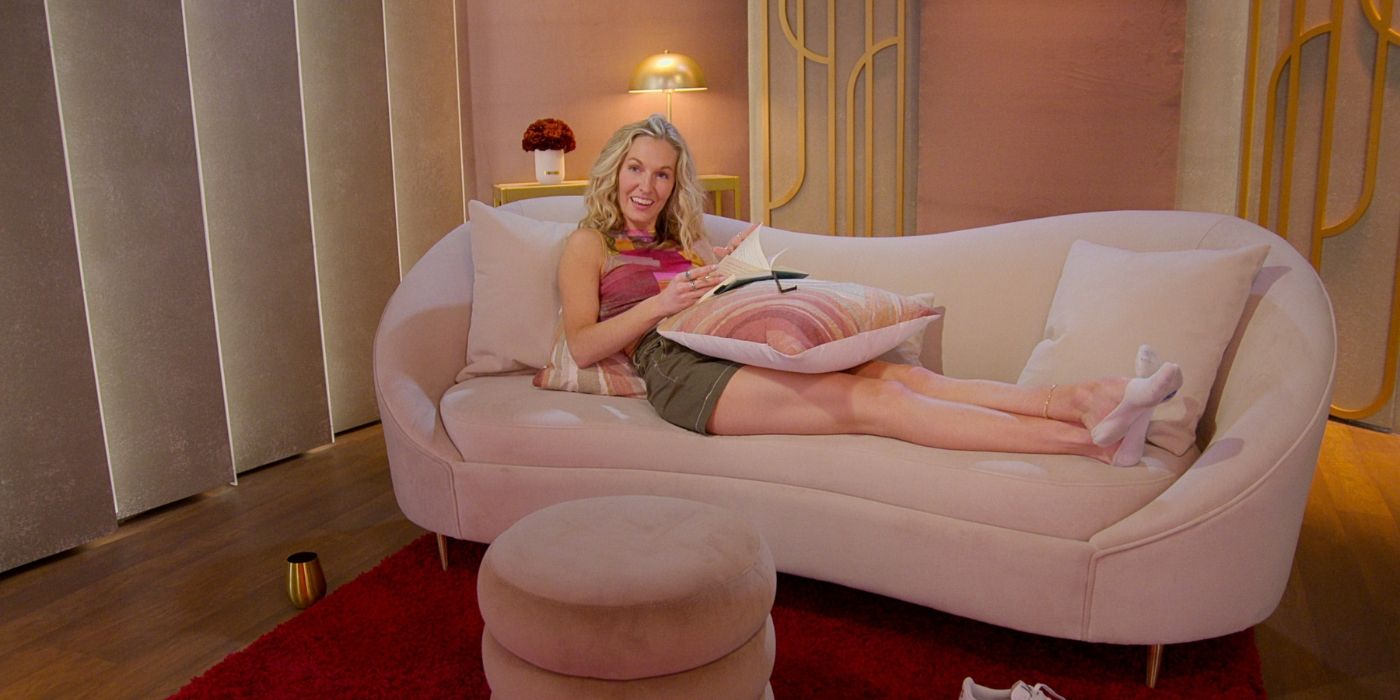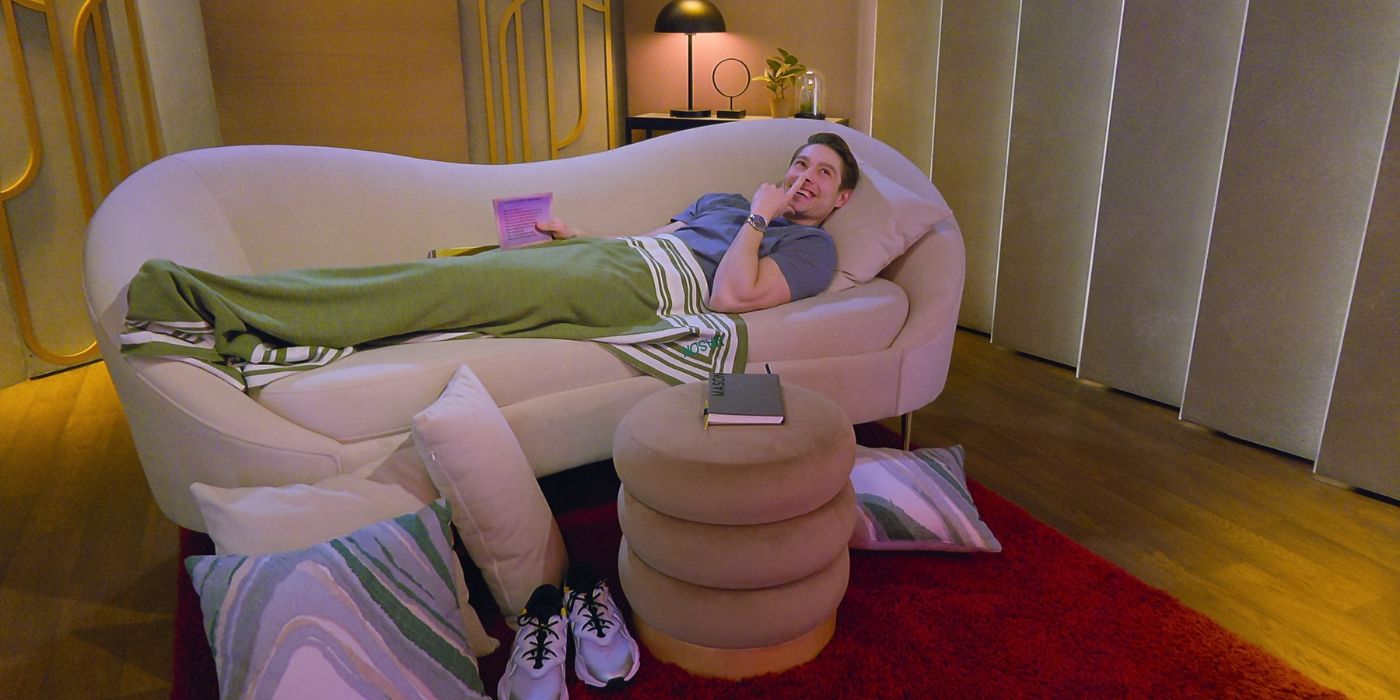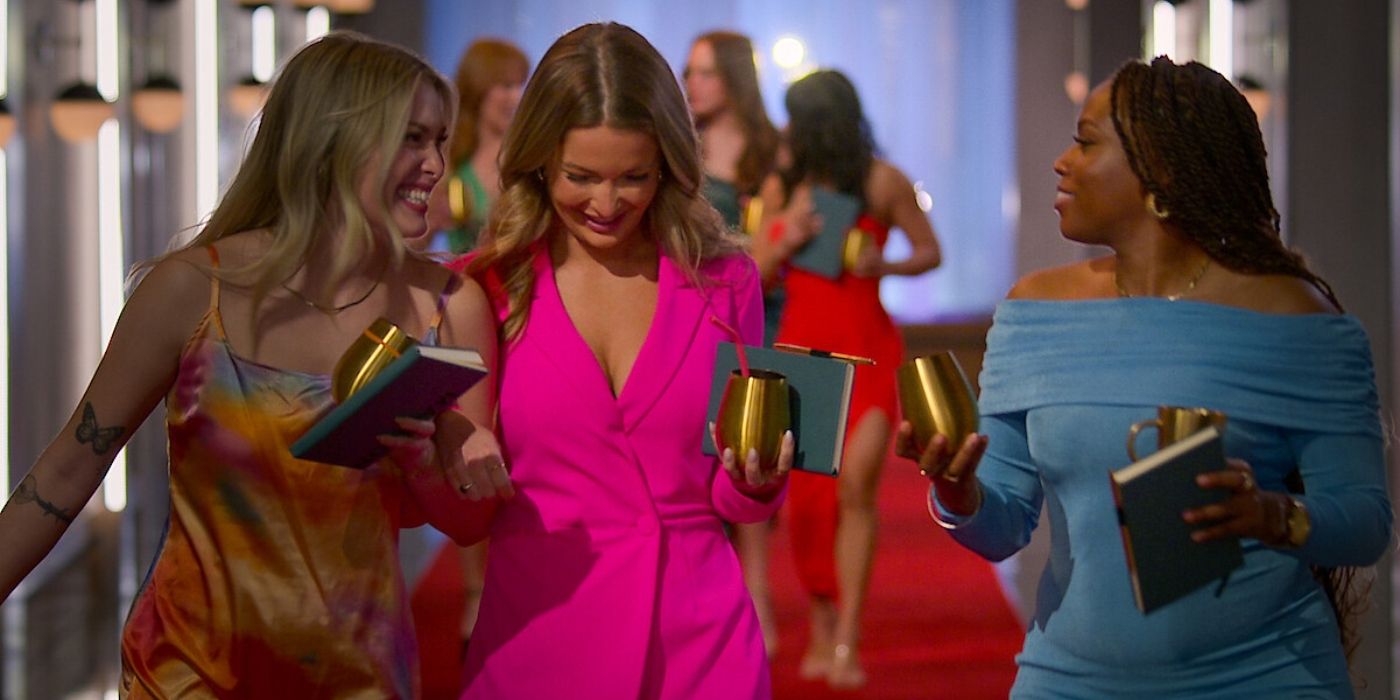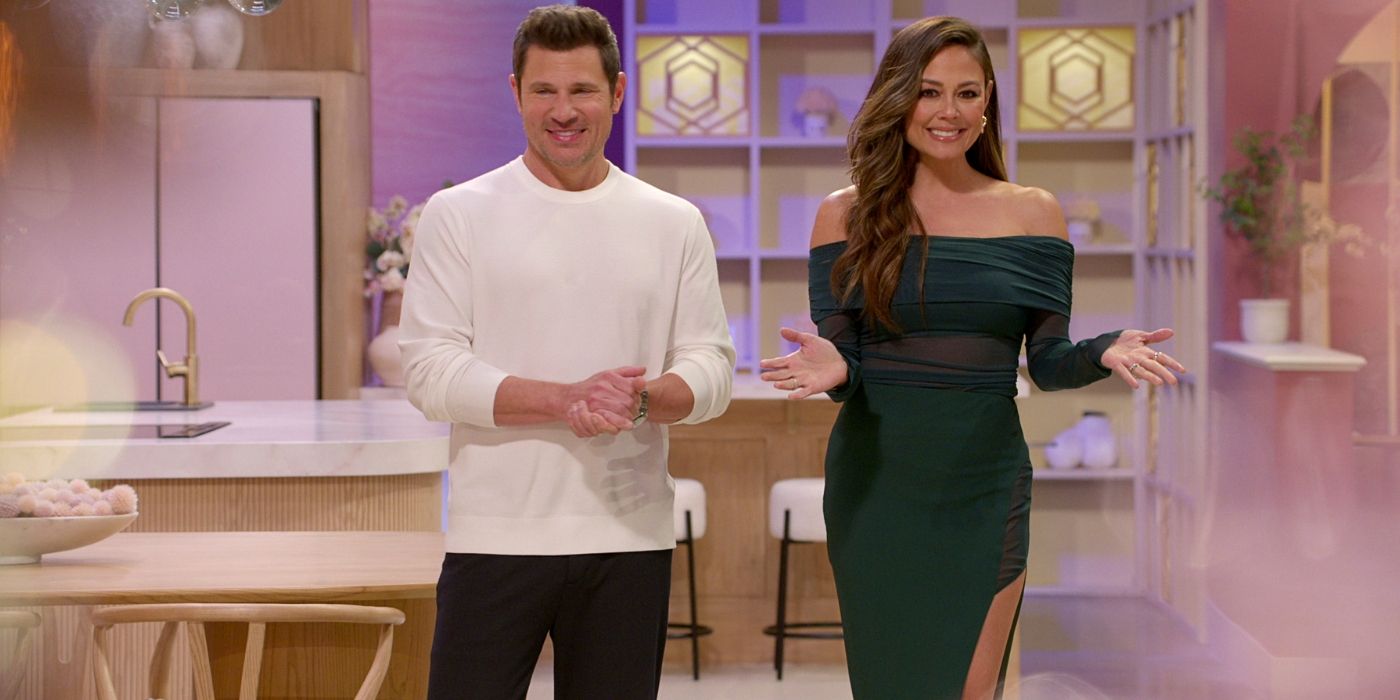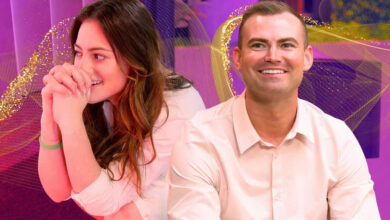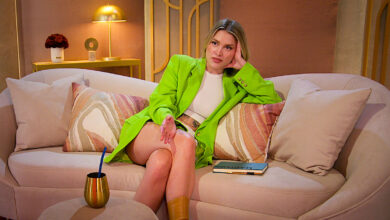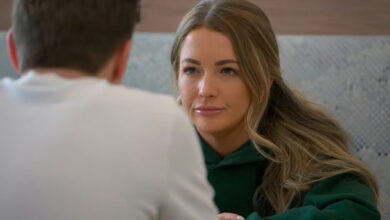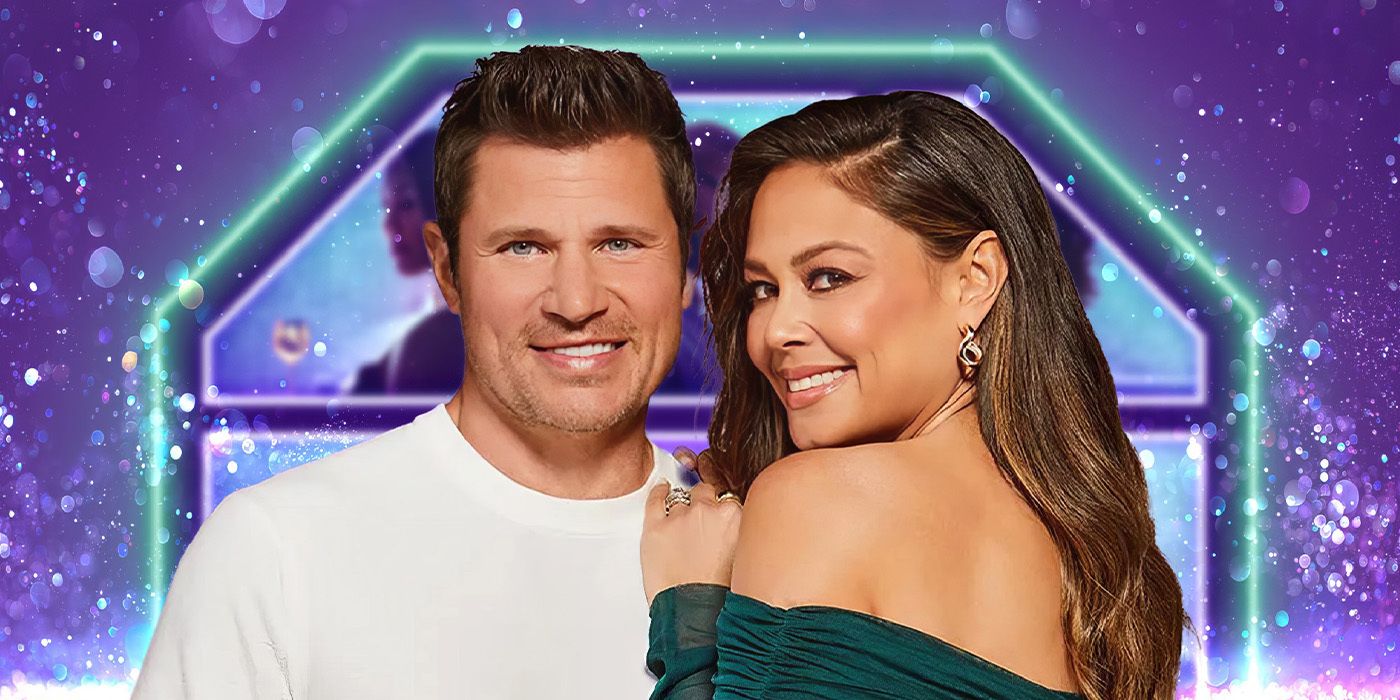
After Season 7 proved to be particularly toxic – with more drama than love and more contestants seeking fame over meaningful connection – the relevance of the experiment at the heart of Love Is Blind has been called into question. Season 8 of Netflix’s reality dating show premiered on February 14, and it appears that viewers are in for yet another exercise in mess and chaos, though it is too soon to tell if any love matches will emerge from the inevitable toxicity that will comprise this season.
But while love and marriage are positioned as the ultimate goal of the show, there is another aspect of Love Is Blind that is equally – if not more – compelling; one that has allowed the series to stand out among other reality dating shows. It can be found in those deeper discussions that arise between couples in and outside the pods, as they get to know each other on an expedited timeline, that have resulted in the kind of thoughtful and introspective political and moral debate that is seldom seen on reality TV.
‘Love Is Blind’ Season 8 Is Already Tapping Into Those Deeper Conversations
Though often sandwiched between those of a lesser magnitude (like whether Nick Dorka should’ve ridden that giant plastic duck in Season 7), the kinds of debates that tap into some of the more socially relevant issues we face as people have come up before on Love Is Blind – as early as in Season 3 when Nancy Rodriguez and Bartise Bowden expressed disagreements between their views on abortion.
This season, Sara Carton, an oncology nurse, and Ben Mezzenga, a real estate agent and developer, dedicated some of their time together in the pods to discussing their religious beliefs and where they may differ.
Sara prompted the conversation by saying, “We talked about your religion. I want to hear more about that.” Ben explained that he grew up in a “very strong Christian household” and that, “There’s a lot of things I believe about the Bible and I believe about the Christian faith,” summing up his beliefs as, “I believe that there’s the one true God that loves us, and that’s pretty much it.”
Sara then shared how her beliefs differ from Ben’s, admitting, “I’m not religious,” and explaining that her difficulties with organized religion stem from her sister Lisa, who Sara referred to as her “best friend” and who is gay.
Sara further opened up about the issue, saying, “I find it really difficult to go to a church and practice, when it’s like, love thy neighbor, but then it’s also like, LGBT is going to go to hell.” It goes without saying that this is a particularly substantial topic of conversation for a reality dating show, one that requires what feels
like genuine vulnerability on behalf of its participants – something that also seems to be lacking in the realm of reality TV. By including these weightier topics of conversation in the final edit, Love Is Blind better captures the complexity of being human and seeking connection with other humans than many of its counterparts.
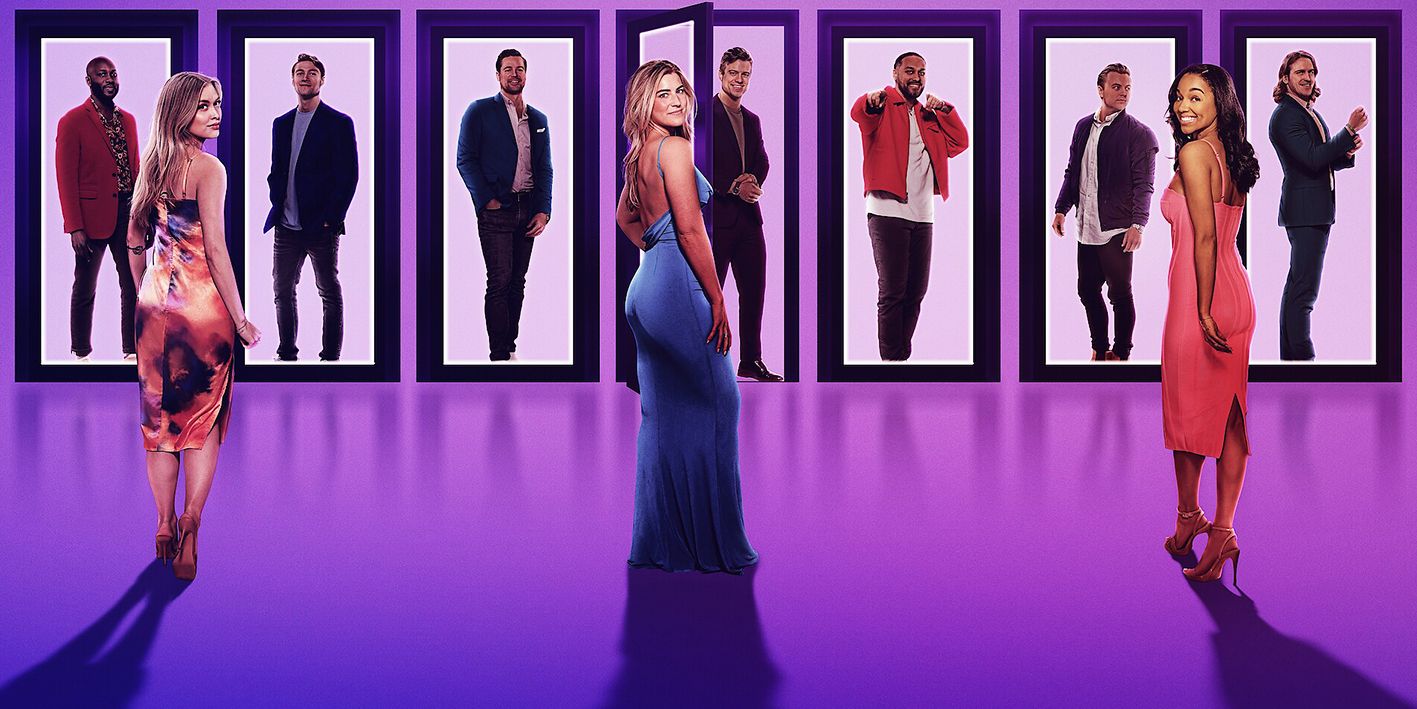
I guess it’s tough casting singles seeking love, not fame.
The ‘Love Is Blind’ Experiment May Not Be Entirely Hopeless
Despite being characterized by endless amounts of drama and toxicity, Love Is Blind Season 7 also had its share of moral and political discourse, most notably when Marissa George and Ramses Prashad faced their differing views regarding Marissa’s military service. In one of the more nuanced and thoughtful conversations ever featured on the show, Marissa and Ramses expressed, over a dinner of “à la dente” pasta, how their contrasting circumstances in life shaped their disparate beliefs on the subject – neither of which was objectively right or wrong.
Providing somewhat of a respite from some of the other conflicts that made up the season (like when Stephen Richardson was caught sexting with another woman just days after becoming engaged to Monica Davis), Marissa and Ramses’ military debate gave viewers not just drama, but a compelling glimpse of how two individuals approach such disagreements while forming a relationship.
While the experiment at the heart of Love Is Blind may be failing to produce expedited marriages and lifelong love in recent seasons, it continues to yield some surprisingly substantive conversations.
These moments in which people from different walks of life are able to exchange differing viewpoints and openly navigate some of the more complex beliefs that we, as humans, shape ourselves and our lives around suggest the show still has more to offer than drama and toxicity alone. If Love Is Blind Season 8 sees more meaningful connections than the last few seasons, there may yet be hope for the series.
Love Is Blind is available to stream on Netflix in the U.S.
